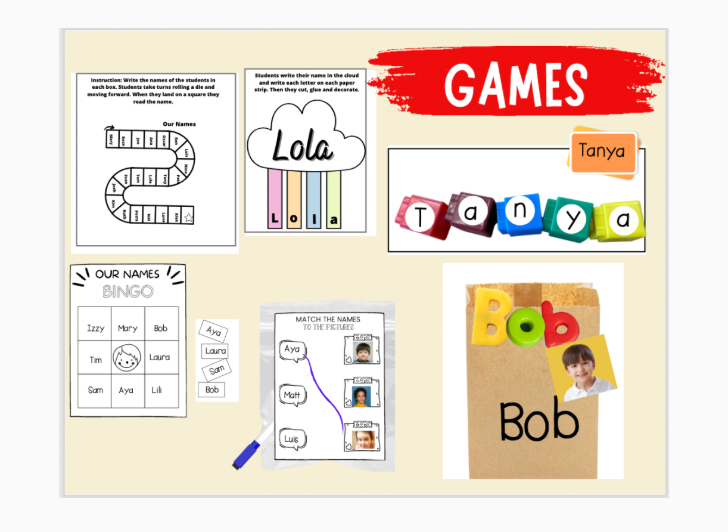
3 Mistakes Kindergarten Teachers Should Avoid at the Beginning of the Year
Share

As kindergarten teachers, we play a crucial role in laying the foundation for our students' literacy skills. The beginning of the school year is packed with excitement and hopes. This feeling of new beginnings makes it the perfect opportunity to set the right tone for a successful literacy experience for all our learners. However, there are many pitfalls that teachers need to recognize. Let's explore three of those possible challenges:
1. Neglecting Phonemic Awareness:
Phonemic awareness is the heart of early literacy development. It involves the ability to identify and manipulate individual sounds in spoken words. Ignoring this fundamental skill can impact students' progress in reading. It is important not to rush into introducing letters and words without first intentionally planning activities and lessons to help students build a strong foundation in phonemic awareness.
Do this instead:
Begin the school year by engaging students in playful and interactive activities that focus on listening to, identifying, and manipulating sounds. I begin the school year with OUR NAMES unit. This unit is filled with nursery rhymes, multi-sensory activities, alliteration practices, as well as segmenting and blending sounds in words. By making phonemic awareness enjoyable, you will set the stage for a smoother transition to phonics and reading.





2. Overlooking the Power of Vocabulary:
Vocabulary development is an integral part of early literacy. Children need a vigorous vocabulary to understand information and express themselves effectively. It is a mistake for teachers to assume that every kindergartener in their class will develop vocabulary on their own and therefore not prioritize explicit vocabulary instruction.
Do this instead:
Integrate rich vocabulary into your daily interactions. Choose interactive picture books and fabulous stories that expose your students to new words. Do not shy away from using descriptive language during classroom meetings and activities. Build plenty of opportunities throughout the day for students to share their thoughts, ideas, and personal connections. Creating a word-rich environment will expand your students' vocabulary.



3. Disregarding the Importance of Active Engagement:
Sitting still for extended periods of time is a challenge for kindergarten students. In a somewhat rigid and traditional classroom where the teacher TALKS-TALKS-TALKS and students SIT-SIT-SIT, students experience boredom. I once heard a speaker say that "if your tush is going to sleep, so is your brain" when referring the the amount of time children are expected to sit and listen in a group lesson.
Do this instead:
Incorporate interactive activities into your literacy lessons that allow students the opportunity to move. Utilize arts and crafts, educational games, and dramatic play to keep students excited about learning to read and write. According to brain research, when children are actively involved, they are more likely to retain information.



The beginning of the school year presents an invaluable opportunity to shape your kindergarten students' literacy journey. By avoiding these common pitfalls you will set the stage for a successful learning experience. Remember, fostering a love for reading and writing in these early stages will pave the way to a long lasting love of learning.
Happy Teaching!
TP @Sparking Creativity Now
Disclosure: Some links in this post are affiliate links. If you make a purchase through them, I may earn a small commission at no extra cost to you.
